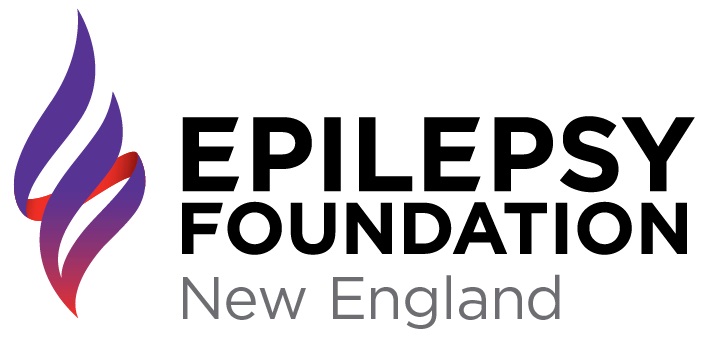Clinical trials are health-related studies that research or investigate medical strategies, treatments, or devices to see if they are safe and effective for people who have diseases or disorders such as epilepsy. A clinical trial may test an intervention such as:
- A medical product, like a drug or device.
- A medical procedure.
- Instructions on how to change behavior, such as how to change your diet.
The Clinical Trials Portal connects participants to current trials and observational studies to help accelerate the development and testing of new treatments.
Who performs clinical trials?
Each clinical trial is led by a principal investigator, often a medical doctor. The trial will also have a research team that may include doctors, nurses, social workers, and other healthcare professionals. Clinical trials take place in many locations including hospitals, medical research centers, medical offices, and community clinics. The location depends on who is conducting the trial.
How do clinical trials work?
Investigators create a plan for the clinical trial, called a protocol. The investigators share the protocol with volunteers so they can make decisions about whether or not they want to participate. This information might include
- Who will conduct the research.
- Who is eligible to participate.
- What will be researched and why.
- When the research will be scheduled and for how long.
- How the results will be reported.
Why are clinical trials important?
Investigators use clinical trials to try to find out whether an intervention will be helpful, harmful, or no different than other interventions.
Clinical trials can be used to
- Identify or diagnose a particular disease or condition.
- Prevent the initial development or reappearance of a disease or condition.
- Treat a disease or condition.
- Identify risk factors for a disease or condition.
- Improve comfort and quality of life.
